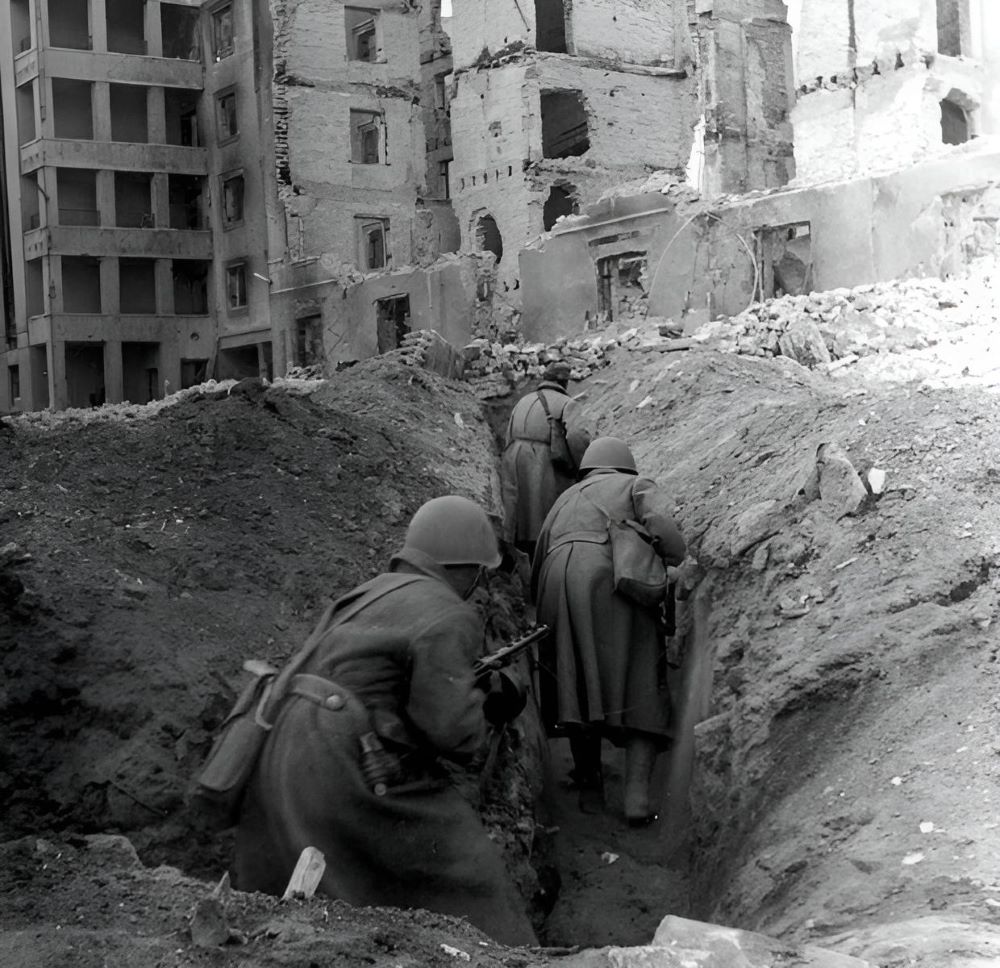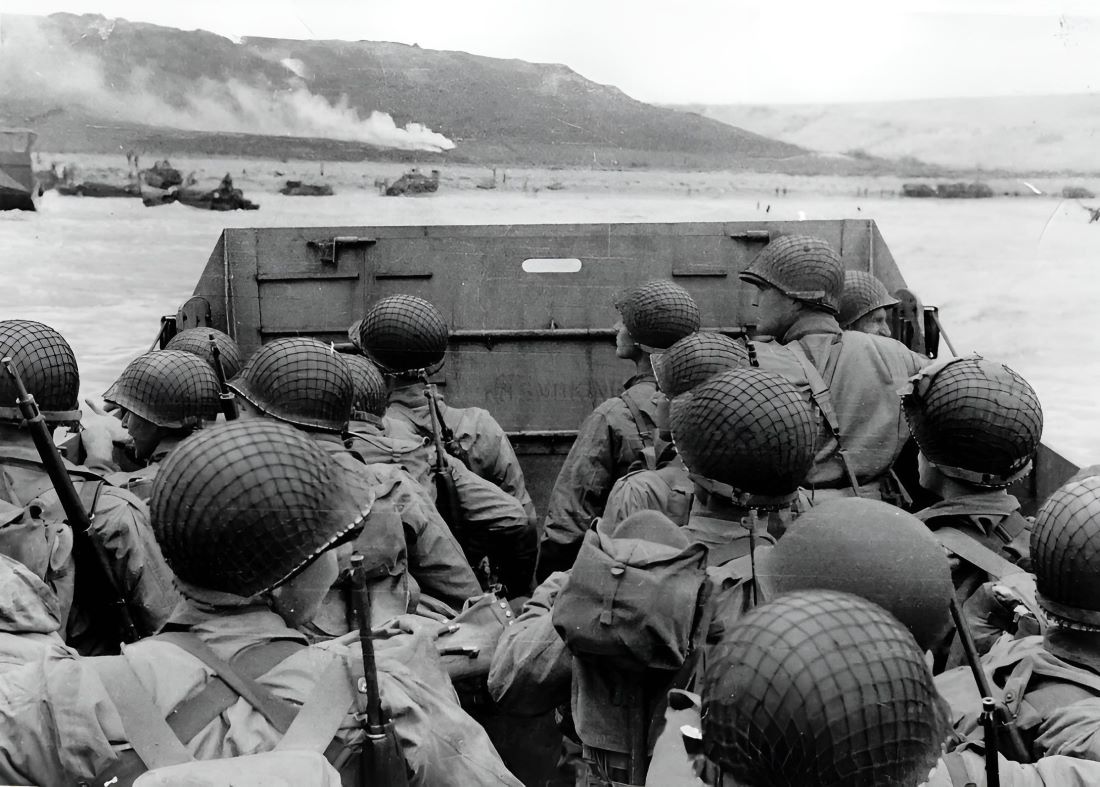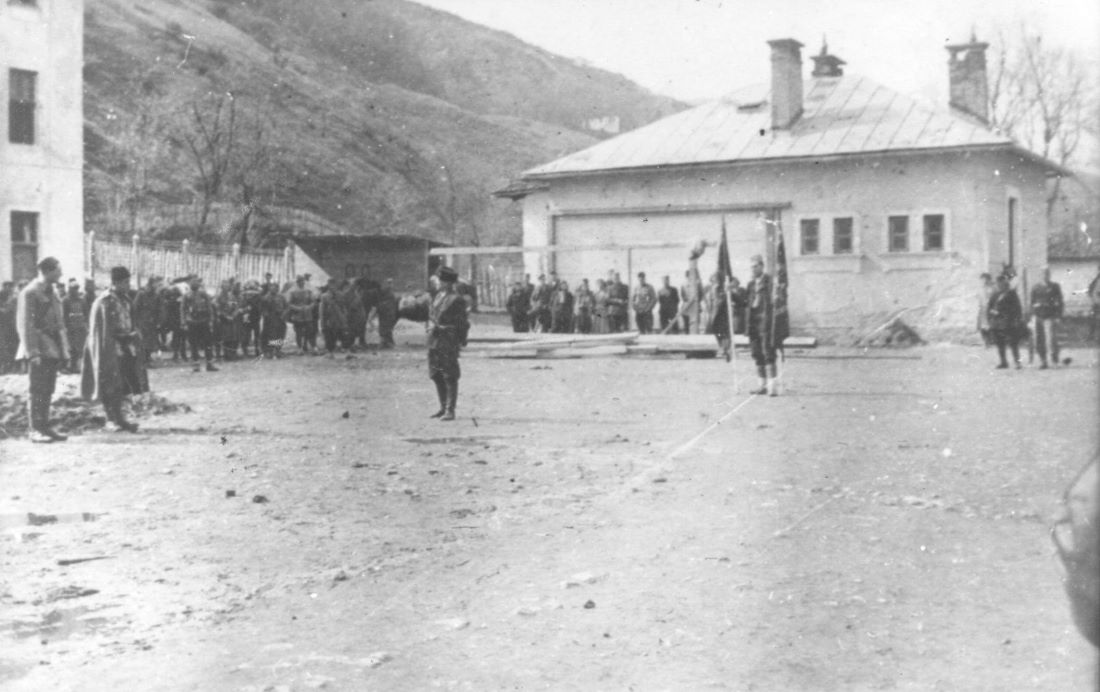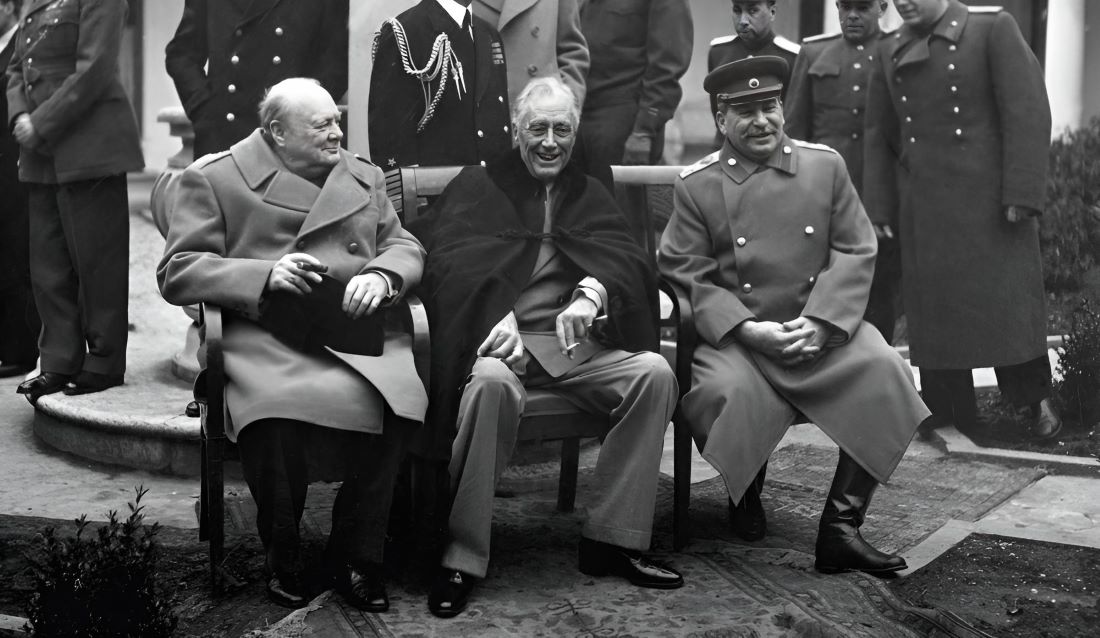“Who Defeated the Nazis?” This question has gained unexpected prominence in recent discussions across media platforms and social networks. In our current times, as superpowers once again lock horns, each side is quick to claim the mantle of the victor over Nazism for themselves, conveniently overlooking the contributions of the other. The straightforward answer is that the Allies—comprising the USSR, USA, United Kingdom, France, and others—jointly triumphed over the Nazis. Every participant, regardless of size, had a pivotal role and made significant contributions to this collective victory. In the sections that follow, we’ll explore in greater detail the diverse roles and contributions each nation made to this monumental effort.
SSSR
The role of the Soviet Union in the defeat of Nazism is both profound and pivotal, marked by unparalleled sacrifice and relentless combat. The Eastern Front, where the vast majority of the European theater of World War II was played out, saw the USSR bearing the brunt of the war against Germany. It’s a stark reality that the Soviet Union suffered the highest number of casualties in the war, with estimates suggesting that over 20 million Soviet citizens, including military and civilians, lost their lives. This immense sacrifice underscores the critical role the USSR played in weakening the Nazi war machine, setting the stage for the eventual Allied victory.

Beyond the staggering loss of life, the Soviet Union’s contribution to the defeat of Nazism was marked by monumental battles such as Stalingrad and Kursk, which are often cited as turning points in the war. The Siege of Stalingrad, in particular, is remembered as one of the deadliest confrontations in history, a brutal battle of attrition that ended in a decisive Soviet victory, severely crippling Hitler’s forces and marking the beginning of the German retreat from the Eastern Front. The relentless determination of Soviet forces, despite the initial unpreparedness and the horrific toll exacted on its population and military, played a key role in dismantling the Nazi offensive. The Eastern Front was indeed the largest and bloodiest theatre of World War II, highlighting the Soviet Union’s indispensable contribution to the Nazis’ defeat.
The Western Front: Allies on the March
The Western Front played a crucial role in the Allied victory over Nazism, showcasing the strategic might and resolve of the United States, United Kingdom, France, and other nations united against a common enemy. Following their victory in North Africa, the Allies initiated a series of decisive operations in Europe, beginning with the invasion of Sicily in 1943. This successful campaign, known as Operation Husky, marked the beginning of the Italian Campaign and was instrumental in weakening Mussolini’s regime, setting the stage for the eventual downfall of Nazi-occupied Europe. The concerted effort of the Western Allies not only diverted German resources and attention away from the Eastern Front but also established a crucial second front that would be vital in the overall defeat of the Axis powers.

Perhaps the most iconic operation on the Western Front was the D-Day invasion of Normandy on June 6, 1944. This massive amphibious assault, involving thousands of ships, aircraft, and men, marked the turning point of World War II in Western Europe. The bravery and coordination of the Allied forces during the Normandy landings and the subsequent liberation of Paris demonstrated the effective synergy between the United States, the United Kingdom, and other Allied nations. The success of these operations significantly contributed to the weakening of Nazi Germany’s hold over occupied territories and paved the way for the eventual Allied victory. The Western Front, with its series of critical battles and operations, underscored the importance of unity and strategic cooperation among the Allies in their quest to defeat Nazism.
The Unsung Heroes: Smaller Allies in the Fight
In the colossal struggle against Nazism, the contributions of smaller Allied nations, though less highlighted, were equally pivotal. Countries like Yugoslavia, Poland, Norway, and Greece, among others, played critical roles through resistance movements and direct engagement, showcasing resilience and determination against the Axis powers. Yugoslavia’s partisans, under the leadership of Josip Broz Tito, waged one of the most effective resistance campaigns in occupied Europe, significantly disrupting German operations and contributing to the broader Allied efforts. Poland, despite the early occupation, continued to resist through the Home Army and other underground movements, providing crucial intelligence to the Allies and engaging in acts of defiance and sabotage against the Nazi regime.

Norway’s resistance provided essential support in the form of intelligence gathering and sabotage operations, including the notable heavy water sabotage that hindered German atomic research. Greek resistance fighters, similarly, engaged in guerrilla warfare that tied down Axis forces, illustrating the profound impact that smaller nations had on the overall war effort. These countries, along with others across occupied Europe, embodied the spirit of resistance and played key roles in various capacities, from hosting secret operations to engaging in direct combat and sabotage against the occupying forces. Their bravery and sacrifices contributed significantly to the weakening of Nazi control and the eventual liberation of Europe, demonstrating that the victory over Nazism was a truly collective effort, bolstered by the courage and resilience of both major and minor participants alike.
United Front – The Collective Triumph Over Nazism
The victory over Nazism is a testament to the collective effort of all the Allied nations, transcending today’s divisions and reminding us of a time when unity and shared purpose triumphed over one of the darkest ideologies in history. Regardless of the current geopolitical landscape, the defeat of Nazism belongs to all the Allies—to the United States, the Soviet Union, the United Kingdom, France, and to each country that contributed to this historic victory. This shared achievement serves as a powerful reminder that, beyond the realm of daily politics and shifting alliances, the triumph over such an immense evil was made possible by the solidarity, resilience, and courage of nations coming together for a common cause. In this light, the victory over Nazism is not just a chapter in history books but a lasting legacy of collective courage and unity against tyranny.
Historical Challenge: Can You Conquer the Past?
Answer more than 18 questions correctly, and you will win a copy of History Chronicles Magazine Vol 1! Take our interactive history quiz now and put your knowledge to the test!

